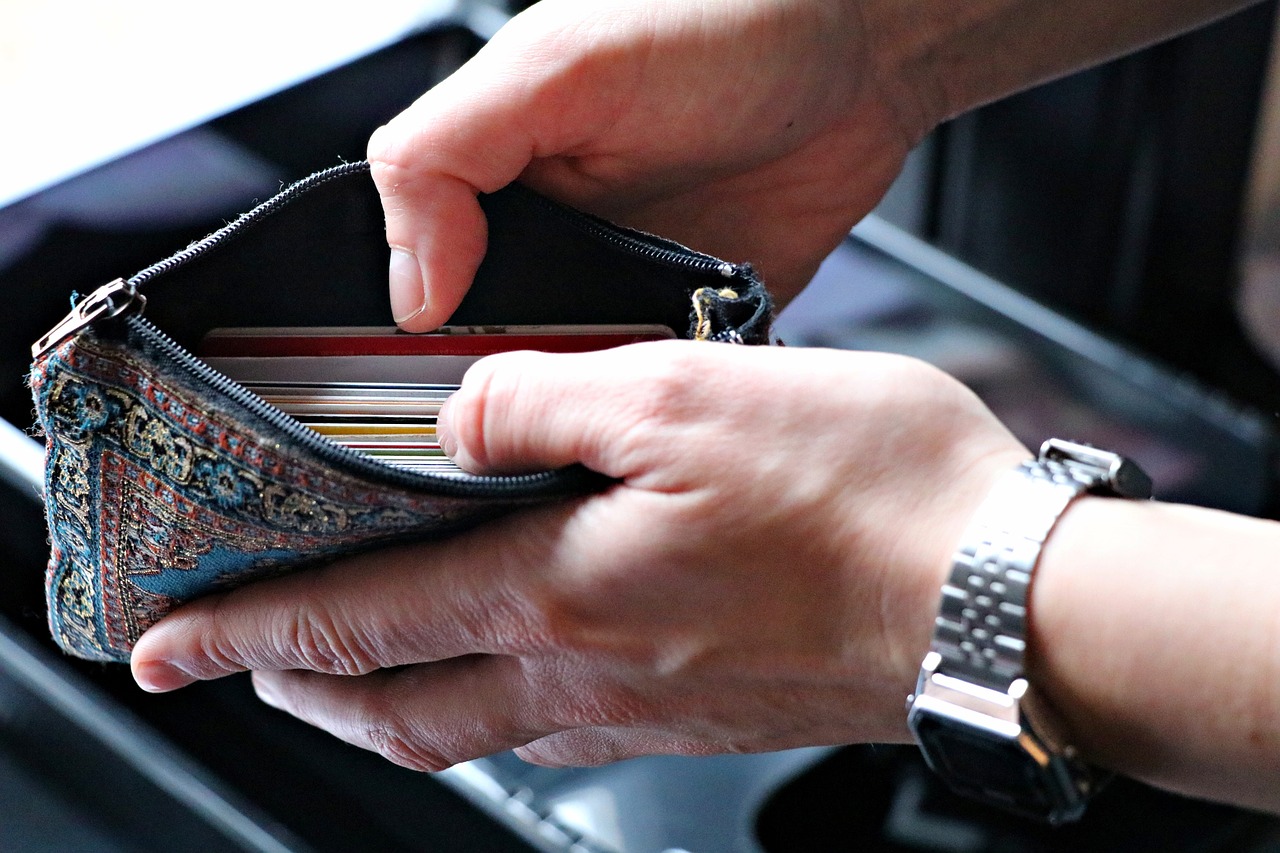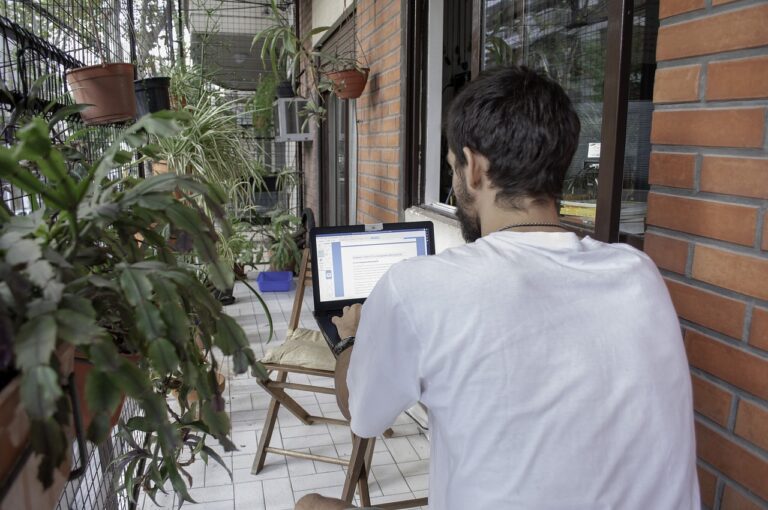Biotech and the Circular Economy: Reducing Waste and Maximizing Value: Laser 247 book, Silverexch com, 11xplay
laser 247 book, silverexch com, 11xplay: Biotech and the Circular Economy: Reducing Waste and Maximizing Value
In today’s world, sustainability is at the forefront of many industries. With the growing concern over climate change and environmental degradation, companies are looking for ways to reduce waste and maximize value. Biotechnology is playing a crucial role in this transformation, as it offers innovative solutions to address these challenges.
Biotech companies are revolutionizing the way we produce goods and services by leveraging biological systems and processes. By creating more sustainable products and practices, biotech is helping to pave the way towards a circular economy. But what exactly is the circular economy, and how does biotech fit into the puzzle? Let’s delve deeper into this topic in this blog post.
What is the Circular Economy?
The circular economy is a model that aims to eliminate waste and maximize the value of resources. Unlike the traditional linear economy, where products are made, used, and then disposed of, the circular economy promotes a closed-loop system where materials are reused, recycled, and repurposed. This shift towards a more sustainable approach is essential for reducing environmental impact and conserving resources for future generations.
How Biotech is Driving the Circular Economy
Biotechnology is at the forefront of driving the circular economy by developing innovative solutions to address waste reduction and resource efficiency. Here are some ways in which biotech is making a significant impact:
1. Bio-based materials: Biotech companies are leveraging biological processes to produce sustainable alternatives to traditional materials. By using renewable resources such as plants, algae, and bacteria, biotech is creating bio-based materials that are biodegradable and compostable.
2. Bioenergy production: Biotech is also playing a key role in the development of bioenergy sources such as biofuels and biogas. By harnessing the power of microorganisms to convert organic waste into energy, biotech is reducing the reliance on fossil fuels and promoting a more sustainable energy production system.
3. Bioremediation: Biotech offers innovative solutions for cleaning up contaminated environments through bioremediation. By using microorganisms to degrade pollutants and toxins, biotech is helping to restore ecosystems and improve environmental quality.
4. Sustainable agriculture: Biotech plays a crucial role in developing sustainable agriculture practices that minimize waste and maximize yield. By creating genetically modified crops that are resistant to pests and diseases, biotech is reducing the need for harmful pesticides and increasing food production efficiency.
5. Water treatment: Biotech is also involved in developing sustainable water treatment solutions that remove pollutants and contaminants from water sources. By using bioreactors and microbial technologies, biotech is providing efficient and cost-effective methods for treating wastewater and ensuring clean water supplies.
6. Circular packaging: Biotech companies are creating innovative biodegradable and compostable packaging materials that can be recycled or reused. By replacing traditional plastic packaging with bio-based alternatives, biotech is reducing plastic waste and promoting a more sustainable packaging system.
FAQs
Q: How does biotech contribute to waste reduction in the circular economy?
A: Biotech offers innovative solutions such as bio-based materials, bioenergy production, bioremediation, sustainable agriculture, water treatment, and circular packaging to reduce waste and maximize resource efficiency.
Q: What are some examples of biotech products that promote the circular economy?
A: Examples include bio-based plastics, biofuels, genetically modified crops, bioremediation technologies, water treatment systems, and biodegradable packaging materials.
Q: How can businesses incorporate biotech into their operations to support the circular economy?
A: Businesses can collaborate with biotech companies to develop sustainable products, adopt eco-friendly practices, and implement circular economy principles in their supply chains.
In conclusion, biotech is playing a vital role in driving the circular economy by offering innovative solutions to reduce waste and maximize value. By leveraging biological systems and processes, biotech companies are creating a more sustainable future for generations to come. As we continue to embrace the principles of the circular economy, biotech will be at the forefront of shaping a more sustainable and environmentally friendly world.







